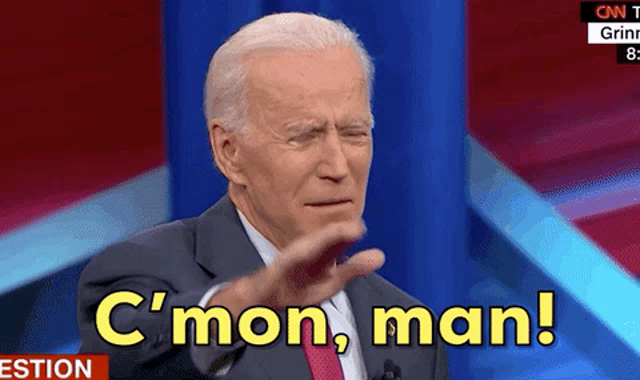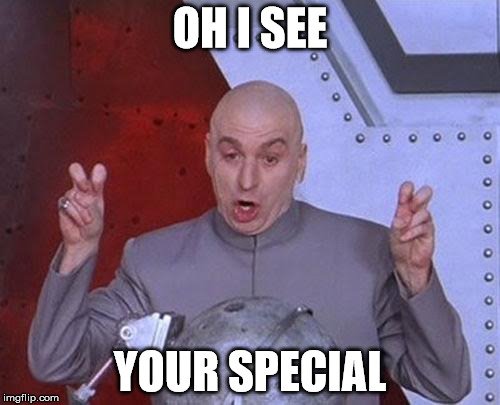BuzzH
Well-known member
Yeah, like the WY outfitters do that are close to Billings, Montana...Costco for the win and profit margin.I have no dog in this fight but I think zero is not absolutely true. From the time the client arrives and leaves doesn't the outfitter have to buy all of the supplies to keep them there therefore spending money in the local economy?
Just exactly how much outfitters care about local economies...
I don't want to just pick on outfitters, local coffee shop owner here, past city council member as well. Whining and bitching about how bad chain stores are and how we need to support local businesses.
Went in to take a leak in the bathroom at the coffee shop in question...all paper products from, you guessed it, coscto. Nice to see such strong support of the local economy.
I'd drink out of a mud puddle before I ever buy another cup of coffee there.






